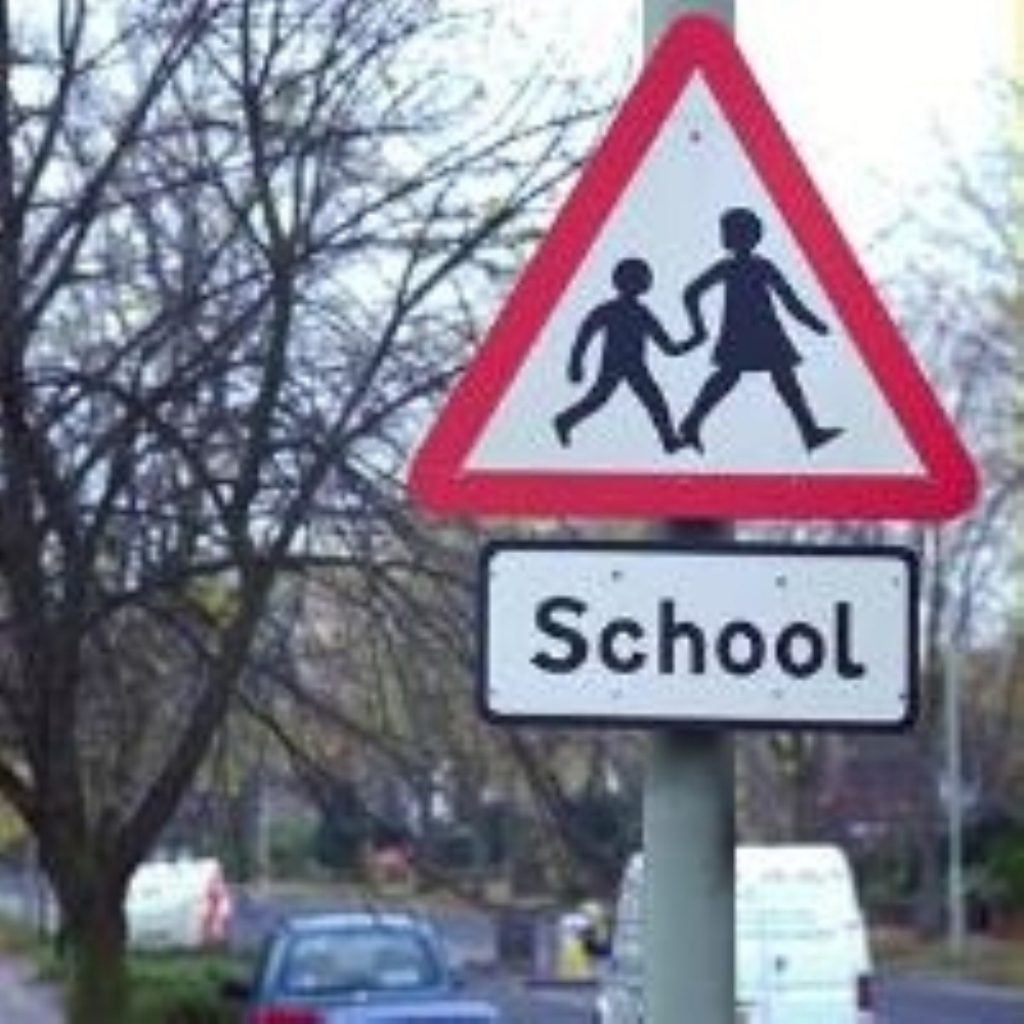Education bill approved with Tory help
The controversial education bill was finally agreed by MPs last night, although the government was forced to rely on Conservative support.
The education and inspections bill, which will allow state schools to become self-governing trusts, passed its third reading in the House of Commons by 422 votes to 98.
However, the left-wing Campaign Group claimed that 46 Labour backbenchers voted against the legislation, with several others abstaining.
Although this is less than the 69 who rebelled at the report stage on Tuesday night, it will be seen as a sign of Tony Blair’s weakening personal authority.


The Conservatives were keen to point out how they had saved the prime minister’s skin on such a key issue, with shadow education secretary David Willetts saying the rebels “have revealed the real division that now exists in the House on education reform”.
He praised the way new education secretary Alan Johnson had managed the debates, adding: “Perhaps it tells us a lot about the state of the Labour party and the Labour government that, with all his skill, he faced a rebellion that wiped out their majority.”
But Mr Willetts admitted that in the course of the discussions over the education bill, the Conservatives had changed their approach to the issue in general, and to selection in particular – one of the major sticking points of many Labour backbenchers.
A rebel amendment to ban all grammar schools, except where a ballot of parents indicated widespread support for selection, was defeated by 415 votes to 115, but Mr Willetts insisted the Tories had no plans to bring back the 11-plus.
“In the process of forming a consensus on the best way of reforming education, we have abandoned any idea of a grammar school in every town.We have recognised that our focus should be on how we can best raise standards in all our nation’s schools,” he said.
However, Liberal Democrat education spokeswoman Sarah Teather expressed disgust at the “extraordinary love-in” between Labour and the Tories, and warned: “The truth is that it is just a marriage of convenience, not the real thing.
“The secretary of state needs the passport that the Conservatives can give his bill, and the Conservatives are really only interested in breaking up his family.”
She added: “In our view, this bill is a missed opportunity. It is a timid bill with hidden dangers, and for that reason we will vote against it tonight.”
However, Mr Johnson praised the bill, saying it would “help more schools to follow the path to high achievement”, giving them more independence and the opportunity to join up with voluntary groups and businesses “to bring in new ideas and fresh thinking”.
He noted the concessions the government had made to appease the Labour rebels, including allowing all but the worst performing local authorities to set up community schools – normal state schools – and introducing a new ban on selection by ability.
“[The bill’s] purpose is to make every school a good school and to ensure that every child realises their full potential. Those objectives are shared by all honourable members, no matter on which benches they sit, and I commend the bill to the House,” he said.









